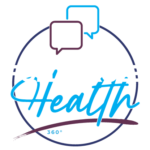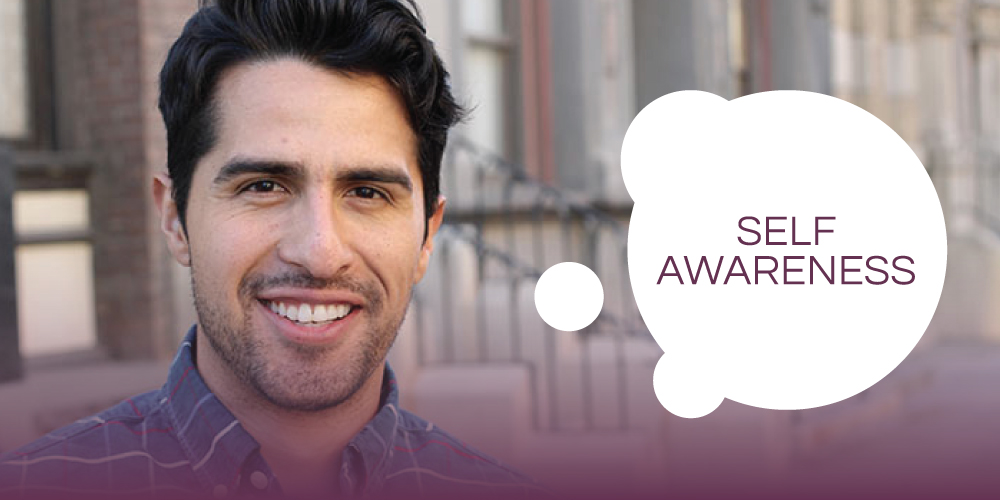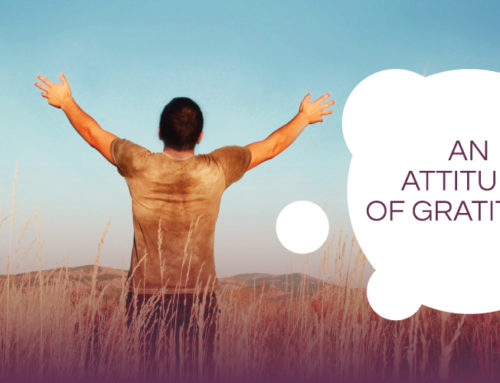“When I discover who I am, I’ll be free.” – Ralph Ellison
These days, it is so easy to lose focus. So easy to become sidetracked and feel a bit overwhelmed by the non-stop onslaught of challenging events that dominate our thoughts as we navigate the year 2020.
It’s really hard to see self-awareness—of all things– as a superpower when we find ourselves battling by a life-threatening super-virus and potentially life-altering news stories on a daily basis. Even tougher to stay self-aware as we are busy making sense of our new reality—aka the “new normal”—which seems to bring with it an array of hurdles and obstacles that we must leap over (or avoid) from moment to moment. To be fair, we are not completely “self-unaware”. After all, washing our hands, not touching our faces, wearing a mask, and avoiding doorknobs, hugs, and handshakes require a degree of self- awareness. Or, is this more like self-preservation?
In reality, self-awareness involves much more than staying aware of how the “Self” manages to maintain COVID 19 precautions (which is obviously very important). At its core, self-awareness involves being in touch with our thoughts, emotions, and beliefs and making sure our actions are aligned with our values. It involves monitoring our stress levels and our reactions to internal and external triggers. With practice, say, psychologists, we can use self-awareness as a powerful guide to help us make “healthy choices” or choose the right responses.
The trouble is we rarely take the time to pause just to get in touch with ourselves. Most of us are on “auto-pilot” –just getting tasks done without a second thought. The last thing we are thinking about is, how self-aware am I today. Here’s the issue. Lack of self-awareness, according to cognitive psychologists, puts us at risk for unconsciously housing toxic feelings and unhealthy emotions in our minds and bodies (think pain in the neck). After watching a negative news story, for example, if we are not self-aware, we may be more upset than we know for several minutes. This could put us in a bad way and affect our relationships as we may snap at (or become impatient with) our significant others. Or, we may reflexively engage in an unhealthy habit as a response, or way of coping—not being aware of how we have been psychologically impacted by something that happened hours ago. Awareness of how we personally react to pain, loss, frustration, and disappointment is ultimately important to maintaining our emotional wellness, physical wellbeing, and our important relationships.
And it doesn’t stop there. True self-awareness is also connected to our emotional intelligence, specifically how we will interact and react to others. It is the ability to see ourselves from the perspective of others. When we are in step with our self-awareness, we are always self-monitoring—and asking ourselves, “how am I coming across?” This is because self-awareness creates a heightened self-other awareness as well. We also know how we might react in certain situations and can take steps either to walk away or take a few deep breaths to recenter ourselves –instead of getting discombobulated and/or going off the rails.
Interestingly, self-awareness is a powerful (and often overlooked) resilience skill. It allows us to be acutely in tune with ourselves and our reactions so that we can be adaptive to whatever challenges come our way. Self-aware individuals are cognizant of the power of their thoughts. They abide by the words of celebrated author and minister, Norman Vincent Peale, “Change your thoughts and you change your world.”
Okay, real talk, maybe the world doesn’t actually “change” just by us having a new thought, but ultimately our thoughts can help us see things differently, and possibly propel us to act on the things that matter—and in so doing effect change? Managing change is a skill successful leaders value. Those who master it are usually self-aware and highly skilled at leveraging their strengths and addressing their weaknesses in order to do what’s best for their organizations. They are usually honest, humble, and always searching for ways to improve themselves and their organizations.
In light of these positive benefits, the question arises how do we increase and/or sharpen our self-awareness as leaders, either at home or at work, especially in the midst of a pandemic world? Here are 7 starter-kit tips from Sherrie Campbell, author of The Mastery of Being Your Own Person:
Keep an open mind. When you can regulate your own emotional world, you can be attuned to others’ emotions. To be a successful leader, you have to be curious about new people and all they have to offer. This shows that you can be a team player and don’t need to be No. 1. The more open you are to others, the more creative you become.
Be mindful of your strengths and weaknesses. Self-aware individuals know their own strengths and weaknesses and can work from that space. Being mindful of this means that you know when to reach out for assistance and when you are good on your own.
Stay focused. An important part of being a leader is making connections, but you can’t make those connections if you’re distracted. Train yourself to focus for long periods of time without getting sucked into social media, emails, and other small distractions.
Set boundaries. A leader needs to have a strong boundaries in place. Be warm toward others but say no when you need to. Be serious about your work and your passions and keep your boundaries firm to maintain the integrity of your goals and the work you put into them.
Know your emotional triggers. Self-aware individuals can identify their emotions as they are happening. Don’t repress your emotions or deny their causes; instead, be able to bend and flex with them, and fully process them before communicating with others.
Embrace your intuition. Successful people trust their instincts and take the risks associated with them. Your instincts are based on the survival of the fittest and the need to succeed. They tell you what to do next; learn to trust your intuition.
Practice self-discipline. Good leaders tend to be disciplined in every area of their life. It is a character trait that provides them with the enduring focus necessary for strong leadership.
Here is the bottom line, Self-awareness is a superpower that helps you self-manage during difficult times. That’s because managing ourselves is the one thing we have the power to do. If you think you, or someone you care about, could use some help developing the superpower and resiliency skill of self-awareness, please be sure to contact a Full Circle Counselor or Life Coach today. We are here to help!






